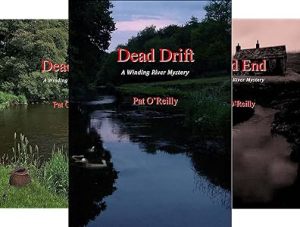Small Skipper Butterfly - Thymelicus sylvestris
Phylum: Arthropoda - Class: Insecta - Order: Lepidoptera - Family: Hesperiidae
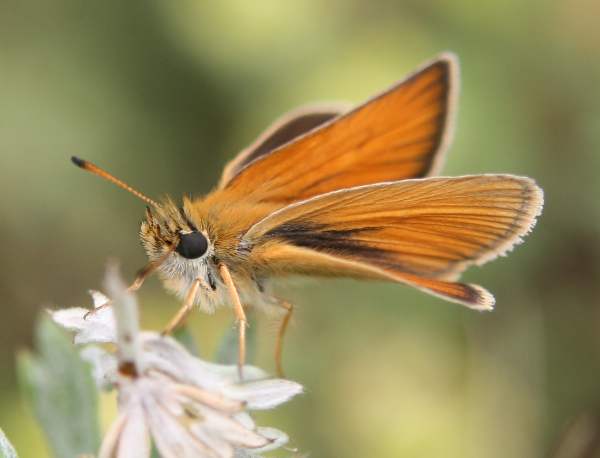
The Small Skipper is a butterfly of rough grassland, downland, woodland edges and clearings.
Identification
This little butterfly is similar in appearance to the Essex Skipper but can be differentiated easily by studying a side view of the antennae. The undersides of the tips of the antennae of the Small Skipper are yellow-orange (see picture below), while those of the Essex Skipper are black.
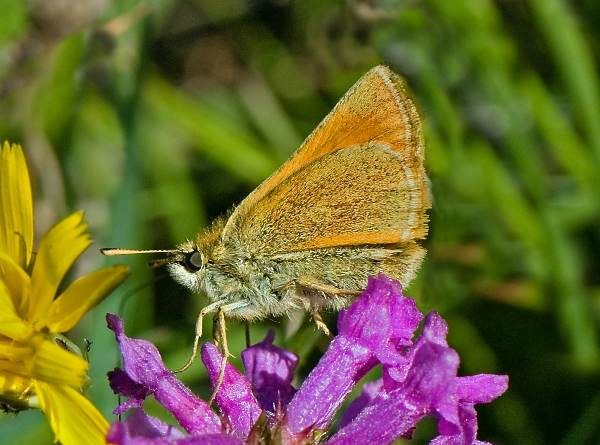
Distribution
In Britain this butterfly is widespread in southern and central England and throughout Wales, with its range steadily extending northwards.
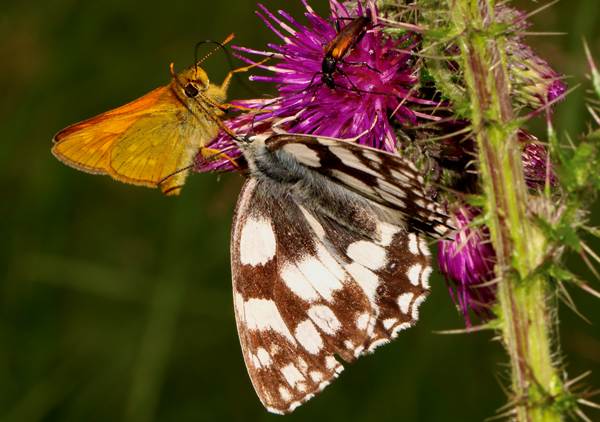
Above: This small Skipper has to share its thistle flower with a Marbled White and a beetle.
Elsewhere the Small Skipper is common throughout most of central and southern Europe and in the northern countries of Africa; its range extends eastwards across the Mediterranean and into the Middle East.
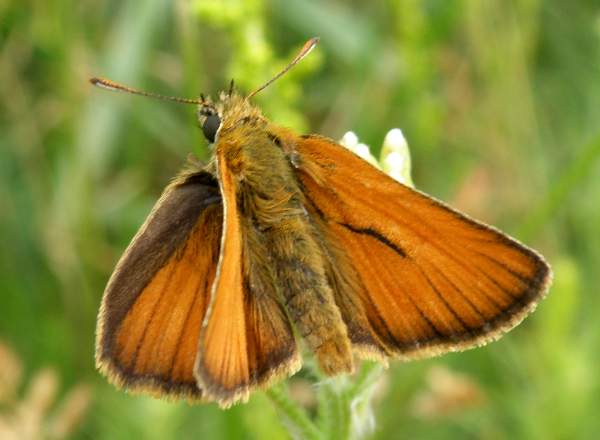
Lifecycle
The larval foodplants are grasses and nearly always Yorkshire Fog, Holcus lanatus.
Small Skippers lays their eggs inside grass sheathes during July and August. The caterpillars emerge and then go into hibernation until winter is over.
In spring the caterpillars begin feeding on grass, and when fully developed in early June they pupate in the bases of grass tussocks, emerging later in June as winged adults.
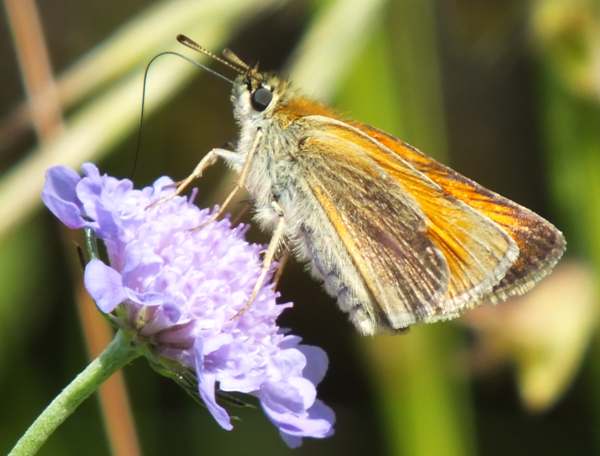
Small Skipper butterflies take nectar from many kinds of meadow wildflowers including the various knapweeds (Knautia spp) and many other kinds of thistles.
Studying butterflies and moths...
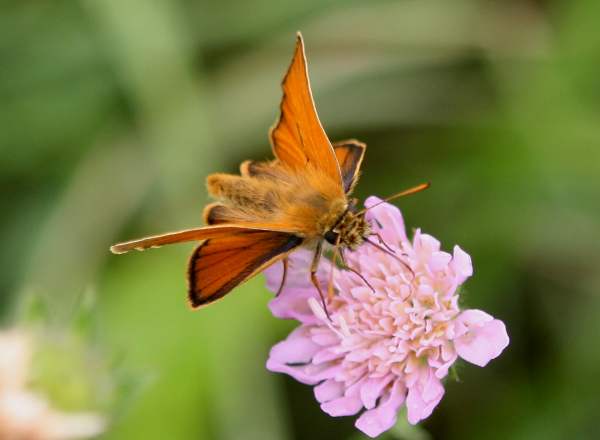
Acknowledgements
This page includes pictures kindly contributed by Rob Petley-Jones, Betty and Tony Rackham, and James Wainscoat.
Excited at the prospect of flyfishing? So are we, and we're pretty sure you would find the Winding River Mystery trilogy of action-packed thrillers gripping reading too. Dead Drift, Dead Cert, and Dead End are Pat O'Reilly's latest river-and-flyfishing based novels, and now they are available in ebook format. Full details on our website here...
Buy each book for just £4.96 on Amazon...
Please Help Us: If you have found this information interesting and useful, please consider helping to keep First Nature online by making a small donation towards the web hosting and internet costs.
Any donations over and above the essential running costs will help support the conservation work of Plantlife, the Rivers Trust and charitable botanic gardens - as do author royalties and publisher proceeds from books by Pat and Sue.
